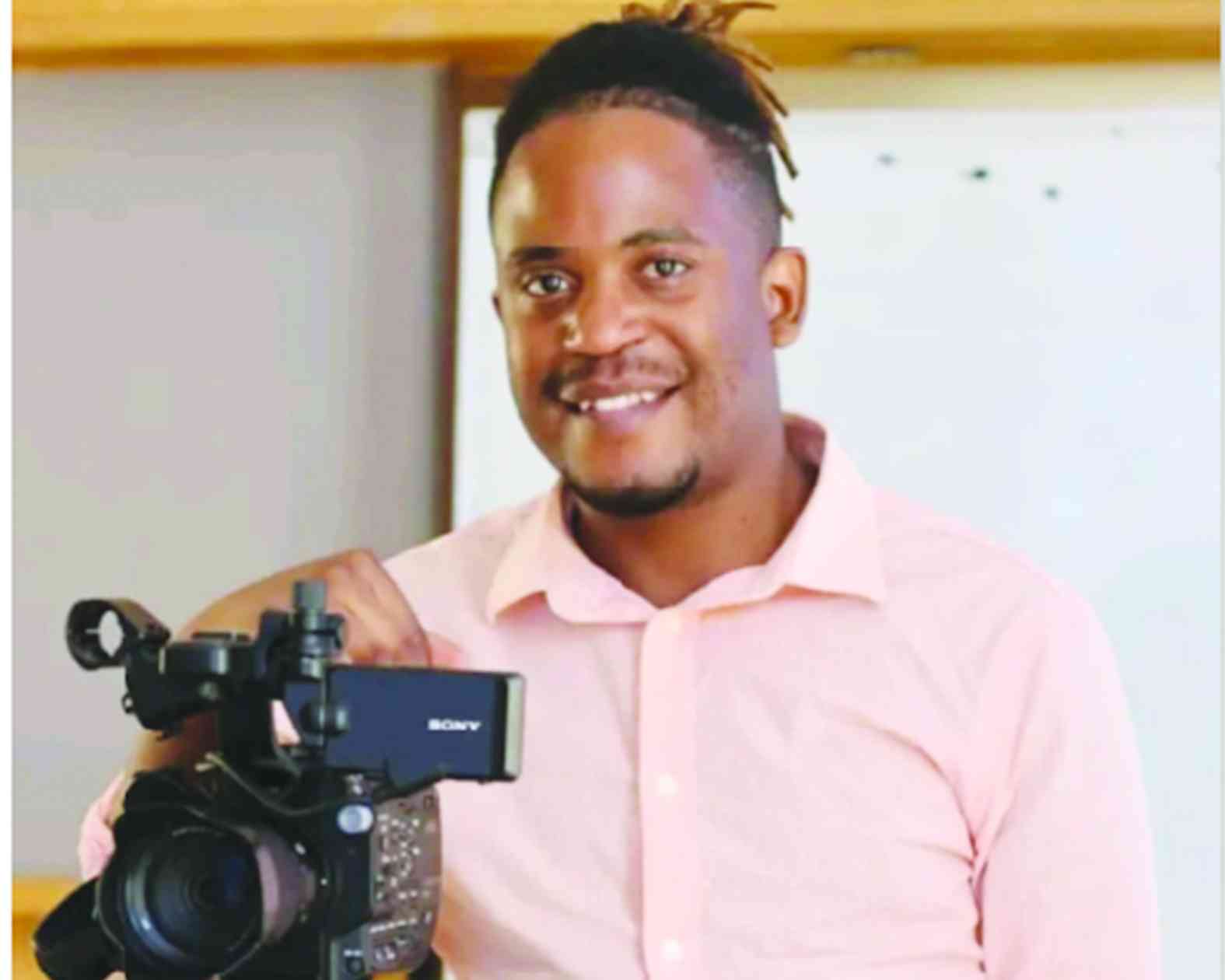
Mutare-born and raised filmmaker Shaune Kamhungira aims to create impactful films that resonate with global audiences and has big ambitions to match global powerhouses like the Chinese Hengdian World Studios.
Kamhungira, who is now based in South Africa, is on course to fly the Zimbabwean flag high on the international filmmaking space through his film Through Time’s Embrace: 370 Years of Chinese South Africans.
He said the film explored the often-overlooked history of the Chinese community in South Africa. It traces their cultural contributions, struggles and integration into the broader South African society. The story is essential not only for South Africans but also for Zimbabweans, as it reflects the colonial history that affected the entire southern Africa region. The arrival of Europeans at the Cape in the 16th and 17th centuries marked a turning point in the colonisation of southern Africa, leading to the spread of European influence across the region — including Zimbabwe. The documentary shares an untold chapter of history and illustrates how colonialism’s effects stretched far beyond South Africa.
NewsDay Life & Style spoke to Kamhungira from his base in Cape Town in South Africa and he explained that his film has characters whose narratives help to track several untold truths.
“l think this film is important for us to understand how the Europeans came and took over Africa. In school, Zimbabwean history has been taught from the beginning of the 1890's but l believe our history goes far beyond that. Chinese porcelain was discovered in places like Mapungubwe and Great Zimbabwe which might indicate that the Chinese were here first during the 14th and 15th centuries and even before the Portuguese.”
He added that his selection of characters and key informants helped to make the film a cut above the rest.
“Dr Bruno Werz Is a maritime archaeologist who discovered the wreckage of the Harlem, a ship that sank in Table Bay in 1648, paving way for the establishment of the Cape Colony. His work highlights the foundational events leading to the colonisation of southern Africa, which directly impacted Zimbabwe.”
Kamhungira had the opportunity to film the shipwreck site giving more context to the film.
- The future’s bright for Zim rugby starlet Marume
- Zim Goshawks go down fighting against Valke
- Travelling & touring: Darker side of travelling and touring
- Tyler Page walking tall
Keep Reading
“Melanie Yap is a Chinese South African author and journalist who wrote Colour Confessions and Confusion: The History of South African Chinese. Her book, which dates back to 1996, offers deep insights into the Chinese presence in southern Africa, tracing their roots back to ancient civilisations such as Mapungubwe — a key connection to Great Zimbabwe.”
Najumoneesa Damon is an educator at the Iziko Slave Lodge, the second oldest building in South Africa. She provides critical context about the history of slavery in the Cape and its connection to the broader colonial legacy, highlighting the harsh conditions slaves endured under European settlers. Derrick Williams is involved with the Castle of Good Hope, the oldest surviving colonial building in South Africa, Derrick’s work traces the early Chinese presence in the space, including the governor’s office which he filmed, once occupied by figures like Cecil John Rhodes.
“Patrick Chong is a respected Chinese elder and former chair of the Chinese Association of South Africa. Patrick has been a vocal advocate for the Chinese community, challenging policies such as the Black Economic Empowerment legislation, which initially excluded Chinese South Africans.The film also integrates poetic narration and animation, which adds a cinematic depth and artistic layer to the storytelling, enriching the viewer’s experience.”
Main teachings from the film
Beyond entertainment, this documentary underscores the importance of understanding our shared history — how the colonial past continues to shape the present. It also highlights the significance of cultural diversity and how different communities have contributed to the development of South Africa and southern Africa as a whole. For Zimbabweans, the film provides valuable insight into how European colonisation at the Cape influenced the region, including the creation of Zimbabwe.
The film encourages us to look back at our shared history to better understand who we are today.
Awards and tours
Though still in production, my documentary is poised to make waves in film festivals both locally and internationally. I aim to showcase it at prominent South African film festivals such as the Durban International Film Festival, Jozi Film Festival and Encounters Documentary Film Festival. Internationally, I hope to premiere the film at festivals like Hot Docs in Canada, the Benelux Film Festival in Belgium, and other notable platforms that celebrate impactful, thought-provoking films. These festivals will allow the film to gain traction globally, giving the narrative of Chinese South Africans and their contributions a well-deserved spotlight.
Lessons for film and television makers
One of the key lessons I would like to share is the importance of research and script development. A well-crafted script is the foundation of any great film — it shapes everything, from direction to cinematography, ensuring that the story resonates with audiences. As filmmakers, we should aim to create work that speaks to both local and international audiences. Zimbabwean filmmakers should also focus on collaboration rather than competition. By pooling resources and supporting each other, we can elevate the entire industry and create films that make a global impact. Filmmaking requires patience, dedication and perseverance. Don't rush the process — take time to build a strong narrative and invest in quality production.
Recommendations
I encourage Zimbabwean filmmakers to collaborate and support one another. The success of one filmmaker is the success of all and together, we can make strides on the global stage. It’s crucial to approach filmmaking with a deep understanding of history and culture — this is what gives our work relevance and authenticity. Let’s move away from the mentality of competing with each other and focus on collective growth. There is so much potential in Zimbabwe’s film industry and I believe we can tap into that by working together and learning from each other.







